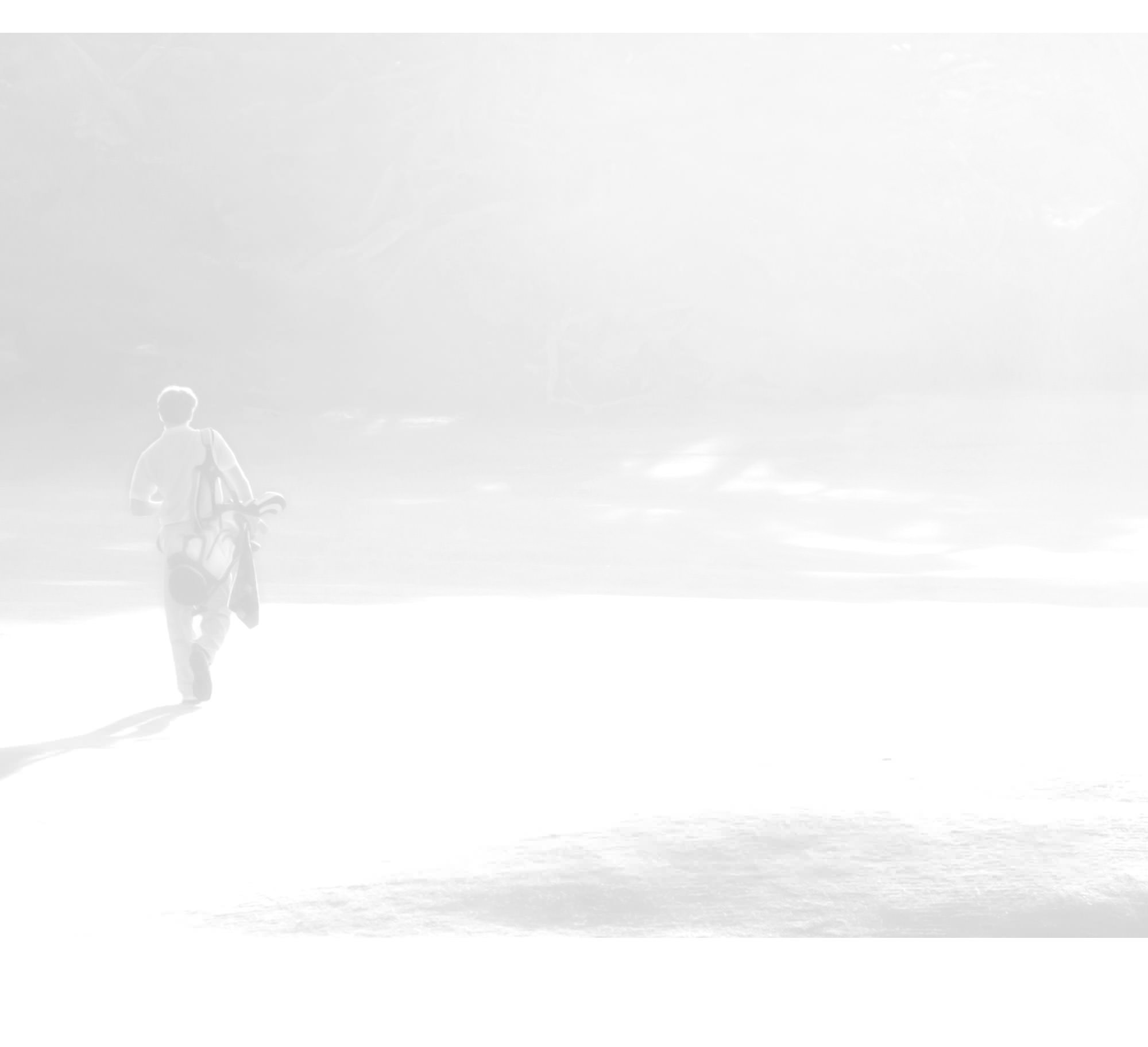Beat the Heat
June 12, 2013
 Temperatures have been rising around the Southland, but are you doing everthing possible to protect yourself from the sun? Our friends at Sun SafeTee, an organization who's goal is to help adult and junior golfers enjoy a lifetime of healthy golf free of skin cancer and other sun related problems, have five easy tips to make sure you are.
Temperatures have been rising around the Southland, but are you doing everthing possible to protect yourself from the sun? Our friends at Sun SafeTee, an organization who's goal is to help adult and junior golfers enjoy a lifetime of healthy golf free of skin cancer and other sun related problems, have five easy tips to make sure you are.
Sunscreen
Sunscreens help to prevent the sun's UV rays from reaching the skin. However, no sunscreen provides complete and total protection. Experts recommend products with a Sun Protection Factor (SPF) of at least 30. Products with an SPF of 30 or higher that also contain avobenzone (Parsol 1789), mexoryl, zinc oxide, or titanium dioxide are likely to be effective against the entire spectrum of UV rays. Most recommend applying sunscreen generously to dry skin 20 to 30 minutes before going outside so it can be absorbed by your skin.
We're giving away a gift bag of Neutrogena sunscreen
to two lucky SCGA members!
Clothing
 Wearing clothing to protect as much skin as possible when you are in the sun is a key component of a comprehensive skin protection program.
Wearing clothing to protect as much skin as possible when you are in the sun is a key component of a comprehensive skin protection program.
Different types of clothes provide different levels of protection. A tightly woven fabric protects better than loosely woven clothing. Long-sleeved shirts and long pants cover the most skin and are the most protective. Darker colors generally provide more protection than lighter colors. Remember … if you can see light through a fabric, UV rays can get through too. Be aware that covering up doesn't block out all UV rays. A typical T-shirt worn in the summer usually protects you less than sunscreen with a Sun Protection Factor (SPF) of 8!
Wear a Hat
A hat with at least a 2-3 inch brim all around is ideal because it protects areas often exposed to the sun such as the neck, ears, eyes, forehead, nose and scalp.
Wear Sunglasses That Block UV
Long hours in the sun without protecting your eyes can increase your chances of developing eye disease. Sunglasses do not have to be expensive, but they should block 99% to 100% of UVA and UVB radiation. Check the label to be sure they do. Some labels may say, "UV absorption up to 400 nm." This is the same as 100% UV absorption. Also, labels that say "Meets ANSI UV Requirements" mean the glasses block at least 99% of UV rays. Those labeled "cosmetic" block about 70% of the UV rays. If there is no label, assume the sunglasses don't provide any protection.
Hydrate
Your body is composed of approximately 65 percent water. Some parts of your body, like the brain and muscles, are close to 75 percent water.
 Maintaining proper hydration helps to keep your body’s organs functioning properly and allows you to compete at a proper level. Your health and your golf game will suffer if you become inadequately hydrated. Dehydration can result in:
Maintaining proper hydration helps to keep your body’s organs functioning properly and allows you to compete at a proper level. Your health and your golf game will suffer if you become inadequately hydrated. Dehydration can result in:
- Fatigue
- Reduced endurance
- Muscle cramps
- Loss of concentration
- Poor performance
- There is no one recipe for proper hydration as it is very individual. However, there are some general guidelines.
If you are consuming a significant amount of water you need to be sure to avoid an electrolyte imbalance. This can be accomplished by consuming drinks that include electrolytes and many sports drinks offer these.
Avoid drinks that contain caffeine and/or alcohol.
Hydration is important anytime you are out on the course, but extra attention should be paid during the summer months, in a hot climate or at elevation. Water is the best at hydrating, but you may want to consider using a sports beverage or adding a product to the water that replaces essential electrolytes.
The Stats
- More skin cancers are diagnosed every year than lung, prostate and breast cancer combined
- Over 3.5 million skin cancers are detected annually in the U.S.
- Two million Americans will be diagnosed with skin cancer this year
- 1 in 5 Americans will develop skin cancer in their lifetime
- One person dies every hour from melanoma, the deadly form of skin cancer
- Melanoma rates have risen every year for the past 30 years
- Melanoma is the most common form of cancer for young adults 25-29 years old
- A single blistering sunburn doubles your risk of developing skin cancer


